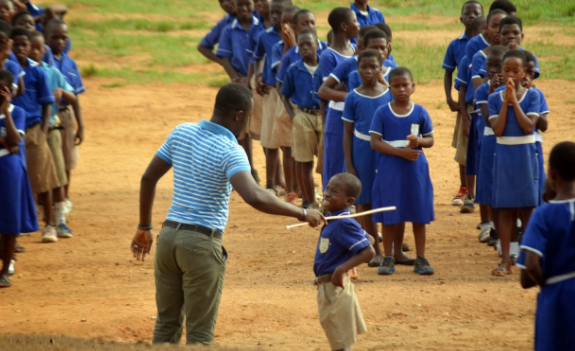A study has said the disciplinary measures exerted on children have adverse effects on their cognitive ability and overall performance in school.
The study found that physical abuse was associated with a decrease in children’s cognitive performance.
Even non-abusive forms of physical punishment, the study says, were independently associated with reduced school engagement and increased peer isolation.
The study examined over 650 children and their caregivers in three areas of physical punishment: mild corporal punishment, harsh corporal punishment, and physical abuse.
The findings showed that children’s performances and engagement in the classroom are significantly influenced by their exposure to mild, harsh and abusive physical punishment in the home.
According to the results, even if physical punishment does not result in serious physical injury, children may experience fear and distress, and this stress has been found to negatively impact brain structure, development, and overall well-being.
“This punishment style is meant to inflict minor pain so the child will change their behaviour to avoid future punishment, but it does not give children the opportunity to learn how to behave appropriately through explanation and reasoning,” said a faculty member of the Child Maltreatment Solutions Network.
“This suggests that preventing physical abuse could promote children’s cognitive performance, but it may not be enough to get children to be involved and well-adjusted in school.”
The researchers therefore advised parents to seek alternative forms of punishment in place of physical abuse.
The study was recently published in Child Abuse and Neglect.
Copyright 2024 TheCable. All rights reserved. This material, and other digital content on this website, may not be reproduced, published, broadcast, rewritten or redistributed in whole or in part without prior express written permission from TheCable.
Follow us on twitter @Thecablestyle

